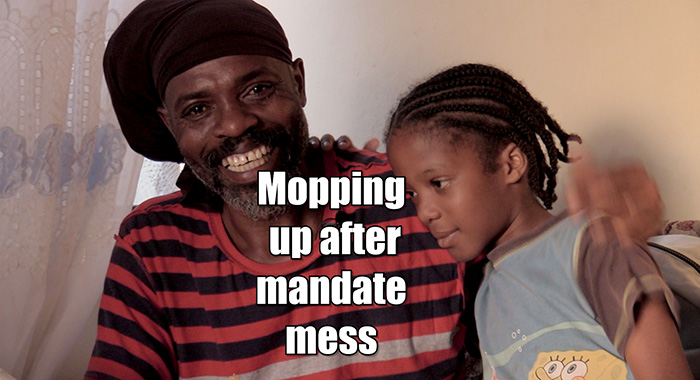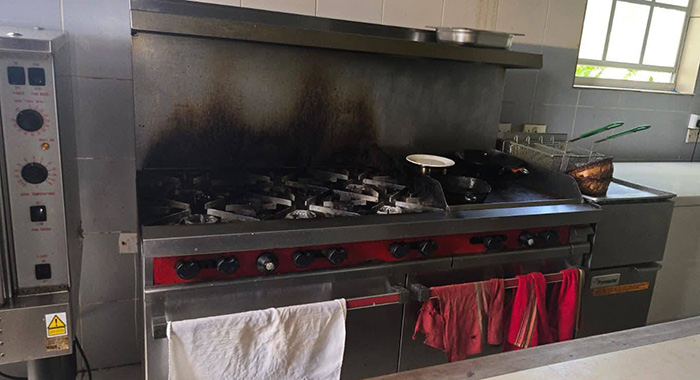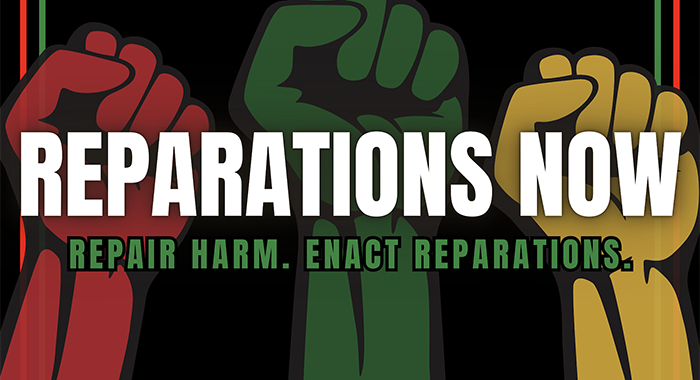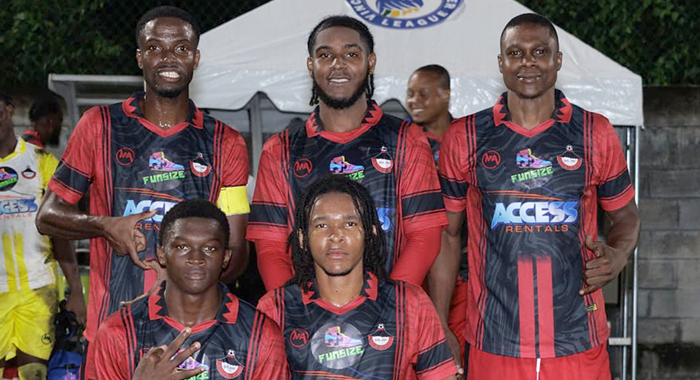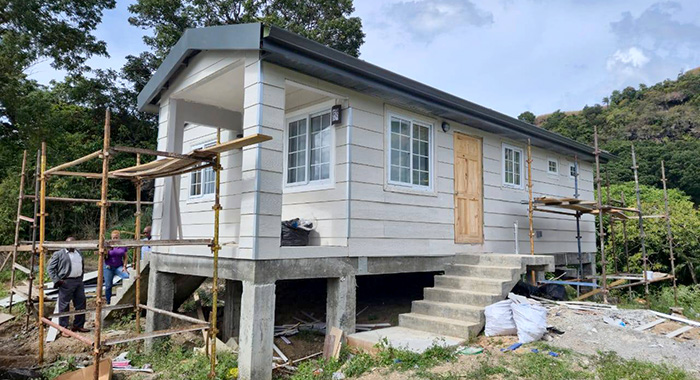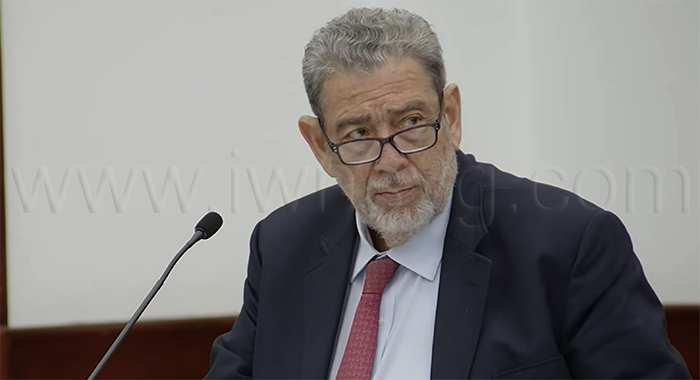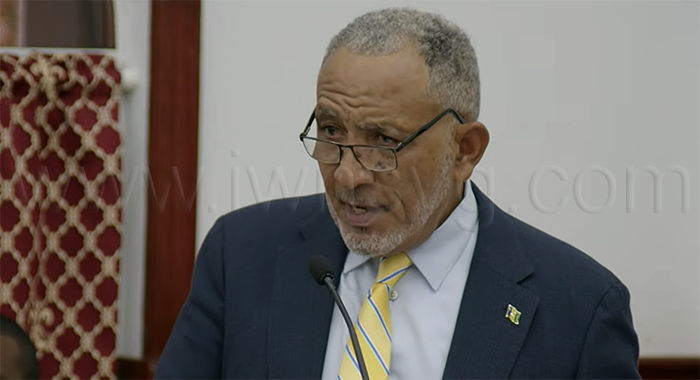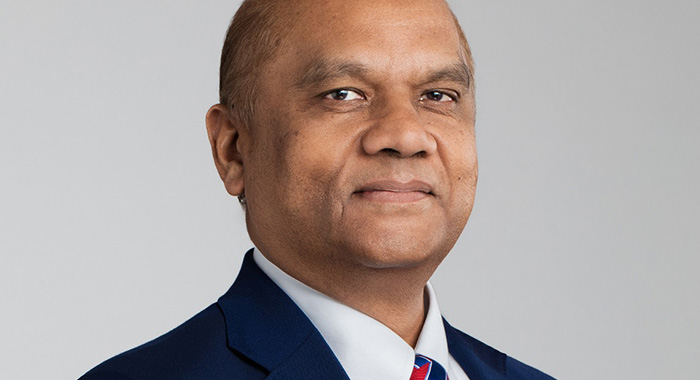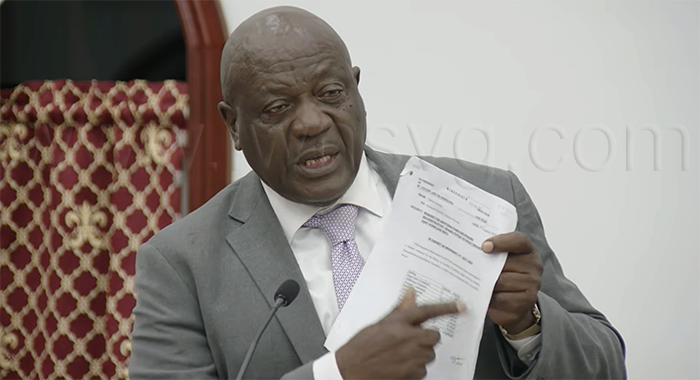In a remarkable turnaround from adversity, Dennis Williams, an educator whose professional life was upended by COVID-19 vaccination mandates, has successfully navigated a path toward recovery and stability. During an interview on September 25, 2025, Williams recounted the severe personal crisis that followed his November 2021 termination, a period that forced him and his son into makeshift housing in the mountainous terrain of Layou, St. Vincent.
The narrative of hardship, however, has found a hopeful new chapter. As of early 2025, Williams’s circumstances have dramatically improved. He and his son have now secured proper rented accommodation, marking a significant step up from their previous living conditions. Furthermore, his vehicle, essential for mobility and opportunity, is operational again.
Professionally, Williams stands on the precipice of a formal return to the public sector. He is currently awaiting official communication from the Public Service Commission, which will determine his new placement within a government office. Expressing profound gratitude, Williams publicly acknowledged iWitness News for amplifying his story and extended his thanks to the thousands of individuals whose overwhelming response provided critical assistance during his most challenging times.
